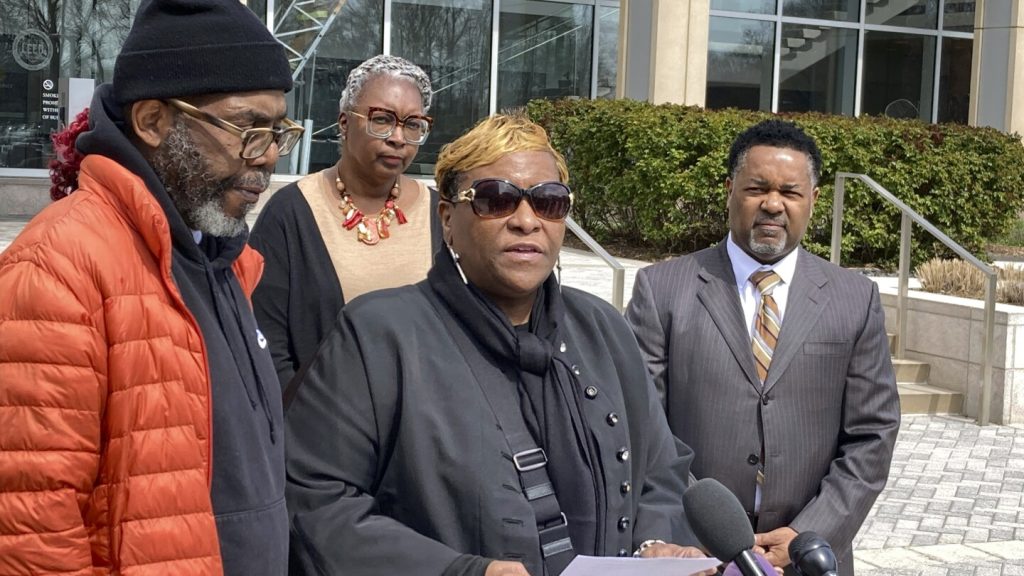Former northern Virginia police sergeant Wesley Shifflett is on trial for involuntary manslaughter in the fatal shooting of unarmed man Timothy McCree Johnson, who was suspected of shoplifting sunglasses. Prosecutors accuse Shifflett of recklessly discharging his service gun near a shopping mall on Feb. 22, 2023, resulting in Johnson’s death. Shifflett and another officer chased Johnson into a wooded area after he was identified as the suspect. Shifflett fired two shots at Johnson, with one of the shots being fatal. Defense attorney Caleb Kershner claims Shifflett feared for his life as Johnson appeared to be reaching into his waistband during the confrontation.
Following the incident, Shifflett was fired from the Fairfax County Police Department. Initially, a grand jury did not indict him, but a special grand jury ordered by the Fairfax County Commonwealth’s Attorney’s Office re-investigated the case and indicted Shifflett in October. Testimony in court included statements from Lt. Michael Connor, who was part of the team at the mall that night. Connor mentioned encountering individuals concealing guns and chasing suspects regularly. Body camera footage played in court showed Connor checking Shifflett for injuries after the shooting and Shifflett indicating that he saw Johnson reaching for something. Johnson can be heard denying that he was reaching for anything.
During the trial, prosecutor Barry Zweig argued that Shifflett acted recklessly and fired the fatal shot at Johnson, who was unarmed at the time of the shooting. Zweig claimed that Shifflett fired two shots despite ordering Johnson to get on the ground and just before Johnson shouted, “Stop reaching.” The defense maintains that Shifflett followed his training and believed Johnson posed a threat to his life. Kershner stated that Shifflett did not have clairvoyance or X-ray vision, and his actions were based on his perception of the situation. The prosecution and defense presented conflicting narratives of the events leading to Johnson’s death.
The case has sparked debate about police use of force and the training officers receive in encountering potentially dangerous situations. The shooting of an unarmed suspect suspected of a non-violent crime has raised questions about the escalation of force and the responsibility of law enforcement officers to prioritize de-escalation tactics. Shifflett’s trial will set a precedent for how similar cases are handled in the future and may impact policies and procedures within police departments. The outcome of the trial will also have implications for public trust in law enforcement and perceptions of accountability within the criminal justice system.
As the trial progresses, concerns about transparency and accountability in law enforcement have been brought to the forefront. The actions of officers in potentially life-threatening situations are being scrutinized, and the legal standards for the use of force by police officers are under scrutiny. The case highlights the challenges of balancing public safety with individual rights and the need for law enforcement agencies to address systemic issues that contribute to instances of excessive force. The trial of Wesley Shifflett will continue to be closely watched as it navigates complex legal and ethical considerations surrounding police conduct and accountability in cases of officer-involved shootings.


